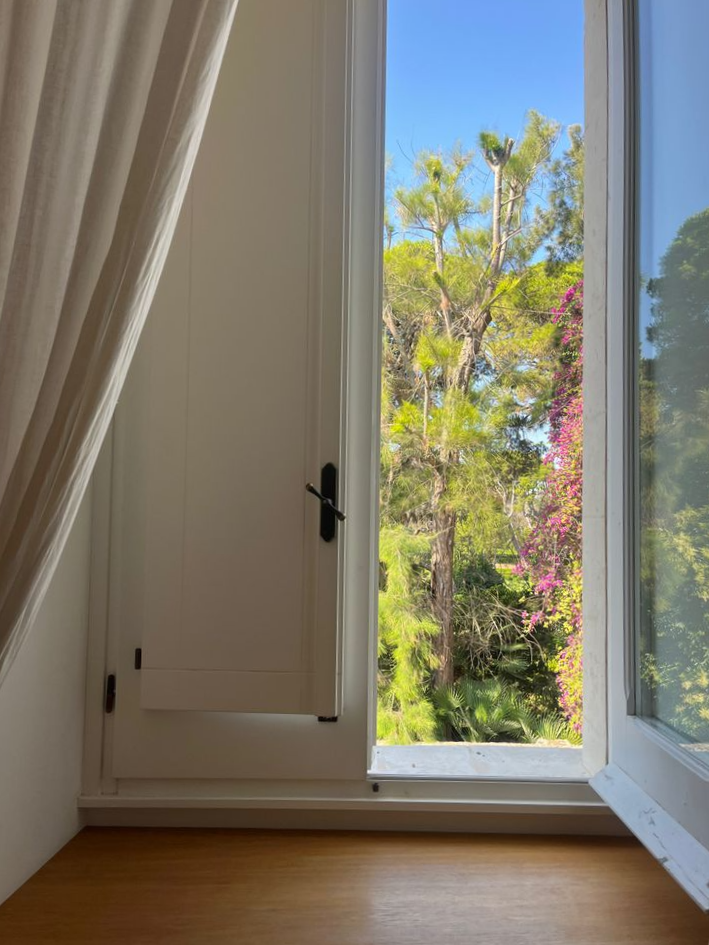What Your Skin Says About Your Stress Levels
- Kristie Loke
- Oct 24, 2025
- 2 min read

You’ve probably noticed it: the week you’re overwhelmed, your skin seems to have a meltdown too. Breakouts pop up, your glow disappears, or your complexion feels dry and dull. It’s not your imagination, your skin really does reflect your stress levels.
We see it all the time. Stress affects more than just your mind – it changes your skin’s chemistry, balance, and ability to heal. Here’s how to read what your skin might be trying to tell you (and how to help it calm down).
Breakouts & Congestion
When stress hits, your body releases cortisol, a hormone that increases oil production. More oil means more clogged pores, leading to breakouts or those tiny under-the-skin bumps that appear out of nowhere.
How to help:
Keep your skincare gentle – avoid harsh scrubs or stripping cleansers.
Add a balancing serum or exfoliant with ingredients like salicylic acid.
Try treatments that deeply cleanse and soothe, like a detoxifying facial or LED therapy to calm inflammation.
Dryness & Dehydration
Stress can also deplete your skin’s natural barrier, making it harder to hold onto moisture. You might notice flakiness, tightness, or dullness – even if you’re drinking plenty of water.
How to help:
Reach for hydrating serums with hyaluronic acid or barrier-strengthening moisturisers.
Avoid over-exfoliating, it can make dryness worse.
Professional treatments that help restore hydration and strengthen your barrier.
Redness, Sensitivity & Flare-Ups
If your skin tends to flush or react easily, stress can make that worse. It can trigger inflammation and heighten conditions like eczema, rosacea, or dermatitis.
How to help:
Focus on calming ingredients like niacinamide, chamomile, or aloe vera.
Simplify your skincare; skip fragrances and active overload.
Our therapists often recommend gentle, soothing products from Hale & Hush, designed specifically for reactive skin.
Dullness & Fatigue
Lack of sleep, increased inflammation, and slower cell turnover all contribute to that “tired skin” look. Stress also restricts blood flow, which can make your complexion appear dull or sallow.
How to help:
Use a brightening serum like ClearChoice's Vita C-B5 to energise your skin.
Incorporate gentle exfoliation a few times a week to boost radiance.
Schedule a chemical peel to revive your skin before an event.
Healing & Recovery Slow Down
Ever noticed that blemishes or irritation take longer to heal when you’re under pressure? Stress affects your skin’s ability to repair itself, leaving marks that linger longer.
How to help:
Support skin repair with antioxidant-rich products like Lira Clinical’s Bio Caviar Crème or a peptide-infused serum.
Book a skin consultation to address post-stress skin and rebalance your routine.
The Mind–Skin Connection
Your skin and your stress levels are deeply connected. Taking time to slow down, breathe, and care for your skin can be a powerful act of self-care. Treatments like facials and massages don’t just benefit your skin, they help calm your mind and reset your nervous system too.
The Takeaway
Your skin speaks volumes about what’s happening inside. When it’s dull, inflamed, or breaking out, it’s often asking for rest, nourishment, and a bit of extra care.
If your skin feels “off” and you’re not sure where to start, our therapists can help. Book a skin consultation at Empowering Beauty – we’ll help you understand what your skin needs, inside and out.




Across Bangladesh, I keep match routines efficient by focusing on clear odds and steady refresh on mobile data. Midway through my setup I complete Registration, which allows me to sort leagues, confirm rules, and track slips without clutter. Notifications arrive right when odds shift, localflows remain reliable, and switching between cricket and football feels smooth during national fixtures
After reading https://ways2well.com/blog/the-dos-and-donts-after-stem-cell-treatment-heres-what-to-know, I decided that the first few weeks after therapy are a time for a delicate approach. No running, no heavy loads, no sudden movements. Light walking, gentle exercises, maximum rest. If you overload yourself, you risk ruining what you are waiting for. For me, this became rule number one.